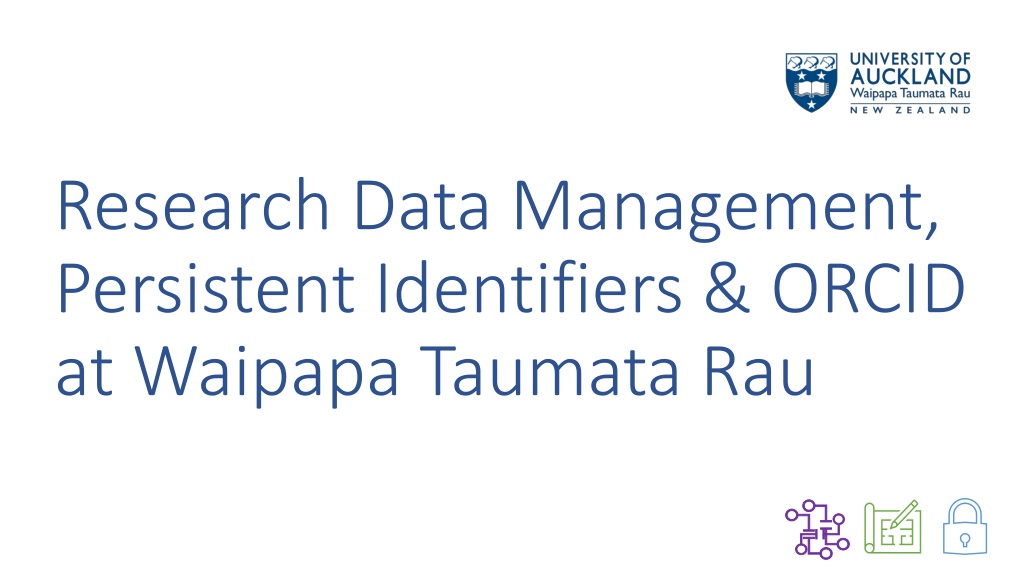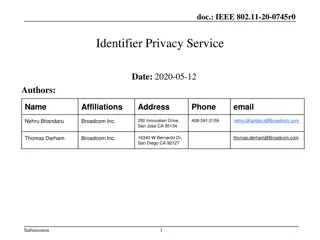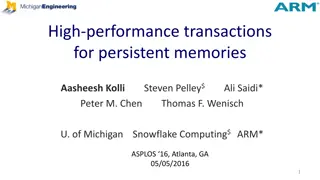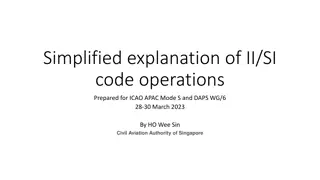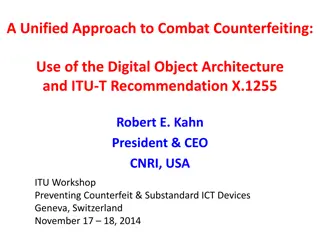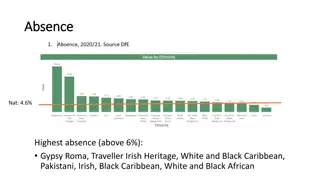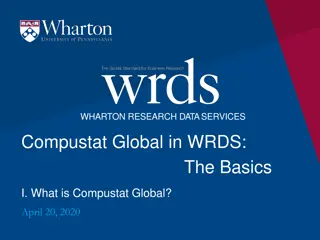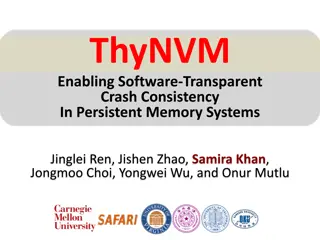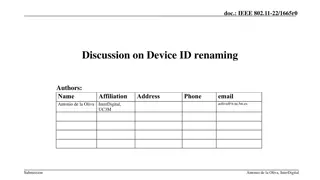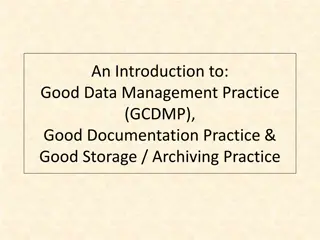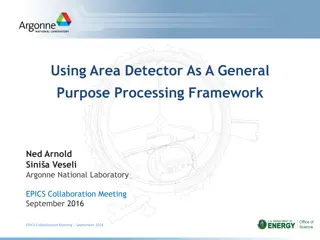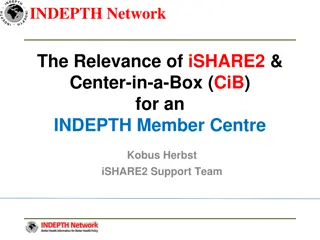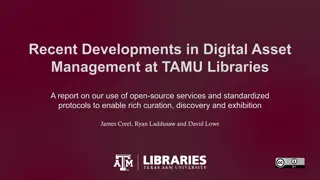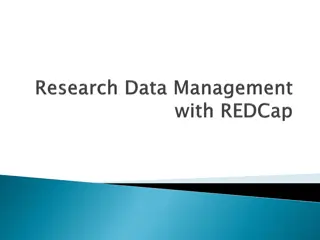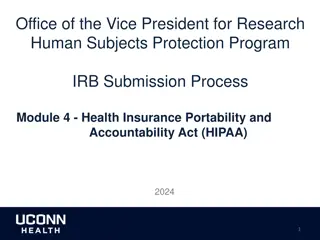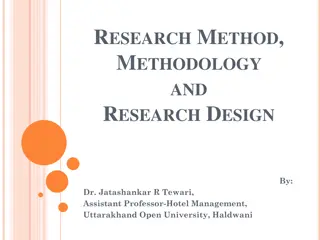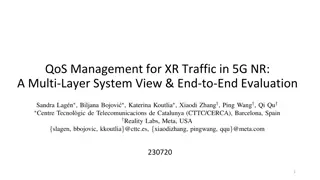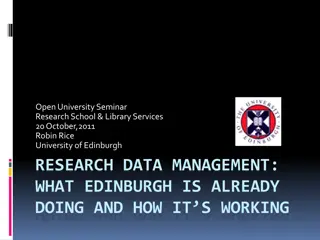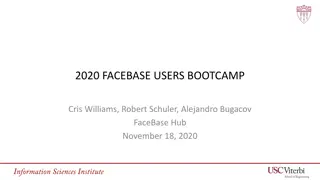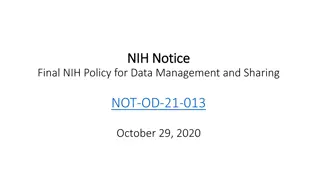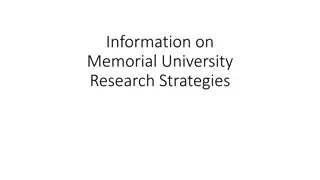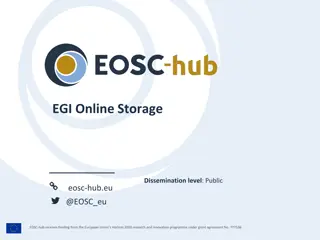Framework for Research Data Management and Persistent Identifiers at Waipapa Taumata Rau
This research delves into the integrated framework for Research Data Management (RDM) and the initiatives around Persistent Identifiers (PIDs) and ORCID implementation at Waipapa Taumata Rau. It explores the background, aims, and priorities of the RDM Programme for 2022-2024, focusing on improving RDM capability, policies, resources, Māori Data Sovereignty, and a secure research environment. The PIDs initiative aims to disambiguate people, enhance discoverability, and increase trust in research projects. ORCID implementation metrics show significant progress in creating academic and doctoral profiles.
Download Presentation

Please find below an Image/Link to download the presentation.
The content on the website is provided AS IS for your information and personal use only. It may not be sold, licensed, or shared on other websites without obtaining consent from the author. Download presentation by click this link. If you encounter any issues during the download, it is possible that the publisher has removed the file from their server.
E N D
Presentation Transcript
Research Data Management, Persistent Identifiers & ORCID at Waipapa Taumata Rau
Overview Integrated Framework for Research Data Management (RDM) Origins, stock take and recommendations RDM Programme (2022-2024) Initiatives Persistent Identifiers (PIDs) initiative Overview and priorities ORCID implementation Current metrics Existing and planned activity
Improving RDM capability maturity Policies and resources New RDM policy & guidance Open Access Policy Research Code of Conduct (under review) Researcher skills Ongoing skills development (including around RDM and in M ori Data Sovereignty) M ori Data Sovereignty Poutiaki Rangahau M ori RDM Programme (2022-2024) Secure Research Environment (SRE) machine-actionable Data Management Plan (maDMP) Persistent Identifiers (PIDs) Persistent Identifiers (PIDs) - - connected ecosystem connected ecosystem
PIDs initiative priorities and benefits Disambiguate People ORCID Maintain accurate affiliations Organisations ROR Enhance discoverability Reduce data entry Research Outputs DOI Enable FAIR data Instruments PIDINST Increased trust Research projects RAiD
PIDs initiative - approach Embed Phase Increase awareness Promote benefits Clear processes to create and use Support and guidance on usage Connect Phase Introduce RAiD Community priorities Design first interconnections
ORCID implementation Current metrics 10,400 public academic and doctoral candidate profiles 27% academics and 22% PhD attached to Research Outputs 21% academics and 28% PhD attached to NZ ORCID Hub Existing activities Guidance for doctoral students to create iD Guidance for academics to create iD and connect record Doctoral Induction Workshop Raising your Research Profile Workshop
ORCID uptake and benefits Propose uptake activities Staff and student onboarding processes New staff inductions Institutional signatures Annual revitalisation days Targeted communications Proposed development activities Up-to-date ORCID records Up-to-date Research Output profiles Reduced data entry
Questions? Contact: Contact: Ruth Wilson - Engagement Specialist ruth.wilson@auckland.ac.nz
